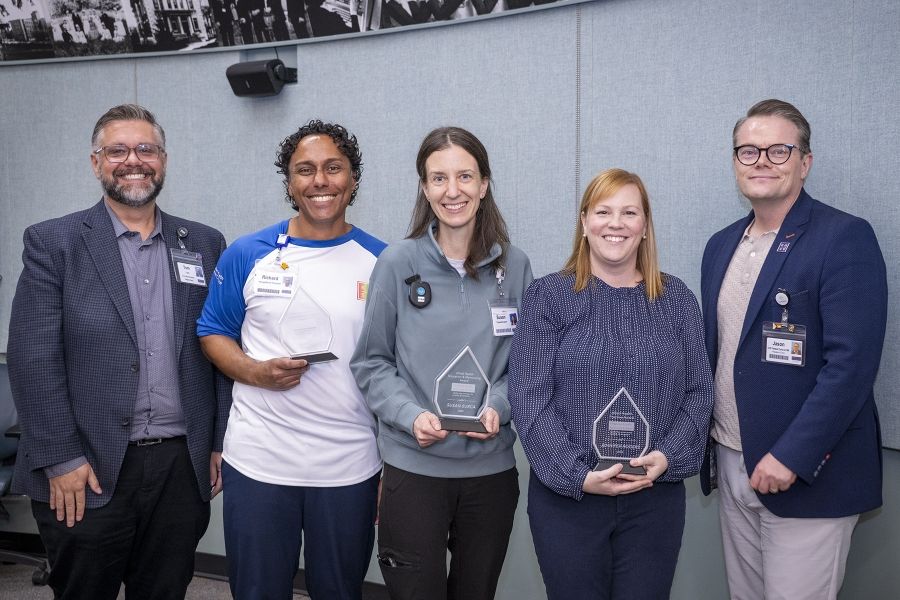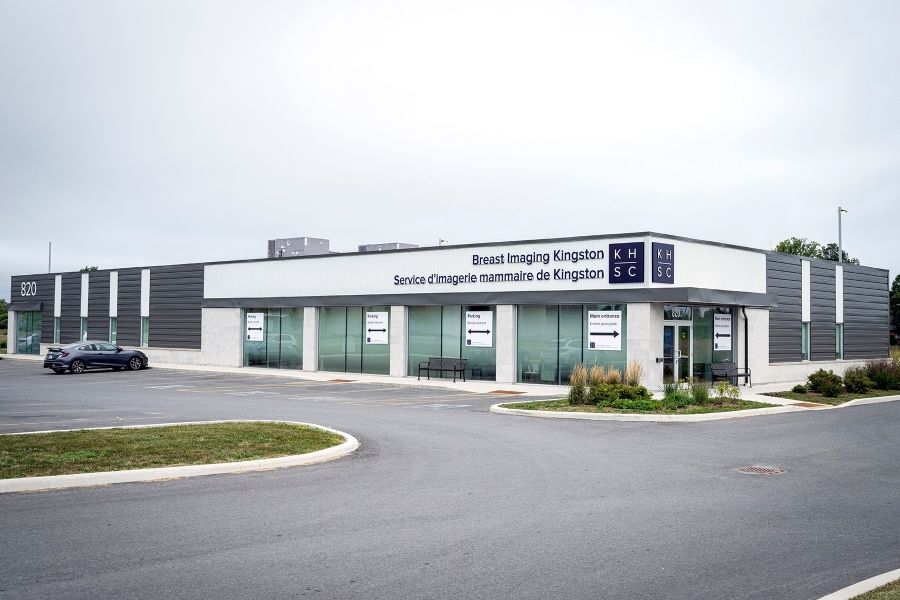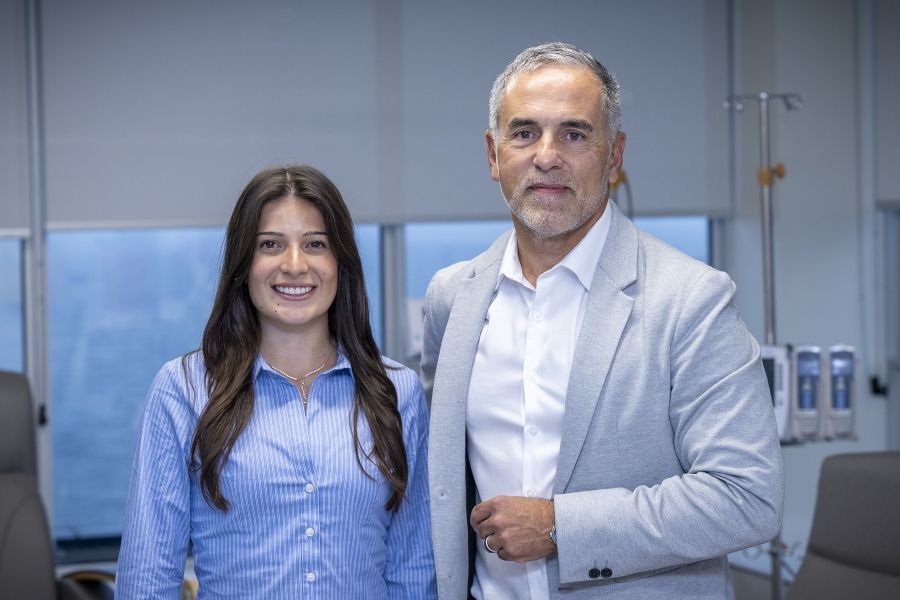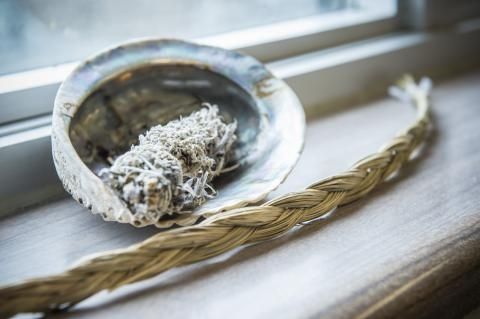
When First Nations, Inuit and Métis (FNIM) people experience culturally safe healthcare, patient experiences and outcomes are improved. This understanding is driving some exciting work at the Cancer Centre of Southeastern Ontario to improve care for Indigenous patients and families.
“We’re working every day with our partners and patients to design a cancer care system that is reflective of our entire community, with a specific focus on Indigenous Persons,” says Dr. Hugh Langley, Regional Primary Care Lead and Aboriginal Lead for the Cancer Centre of Southeastern Ontario. “It’s important that we offer health care that addresses specific community needs and unique challenges relevant to cancer care.”
To do this, a regional Aboriginal Council has been established to ensure that there is an ongoing FNIM voice at the table when decisions are being made that impact patient care at the Cancer Centre. The ultimate goal of this council is to help create a healthcare system that Indigenous Persons will feel comfortable and trust to go to with their health care issues and concerns.
“We know that breast, colorectal and lung cancer rates are higher in the First Nations, Inuit and Métis community and that cancer diagnoses are more often made at a later stage,” says Langley. “It’s only through working together with our Indigenous community that we will be able to support real change and actions that will hopefully build trust and confidence with the services that we can offer.”
Already some big changes have been made. On the recommendation of the council, the Mamawi Room was created at our Kingston General Hospital site. The space was designed with input from Indigenous patients who were asking for an area to perform culturally important ceremonies such as smudging, circle prayer and singing. This room enables patients to gather with family to perform traditional healing practices while in hospital.
“The Mamawi Room makes a huge difference for Indigenous patients to be welcome to incorporate traditional healing into what many feel is a daunting hospital setting,” says Aboriginal Navigator, Dionne Nolan. “We want to support patients on their journey to healing so it is exciting that they have a safe space, where traditional cultural values and beliefs can be practiced.”
The role of an Indigenous Navigator also helps to ensure that Indigenous patients are getting the full supports they need. Working with patients and families from all across southeastern Ontario, Nolan is available to provide support and advocacy for those who identify as FNIM through facilitation and coordination of access to all cancer services.
Education is also being made available for health-care staff at Kingston Health Sciences Centre through a series of Aboriginal Relationship and Cultural Competency Courses which are offered through Cancer Care Ontario.
“For our Indigenous patients, we want to ensure that care extends beyond treatment and encompasses spiritual well-being,” says Nolan. “The more that we can raise awareness across the region of the resources available to Indigenous patients, the more we will be able to help improve the hospital experience and the care we provide.”
Gallery
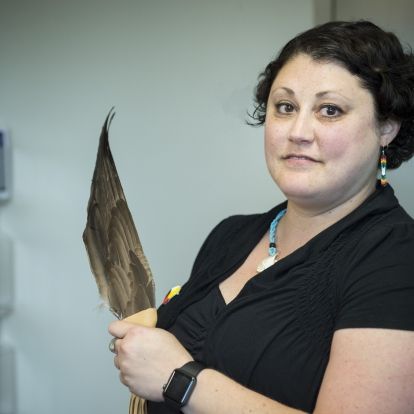
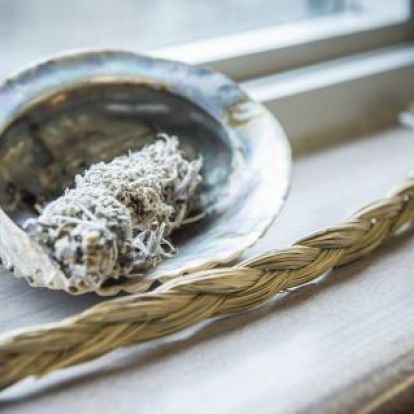
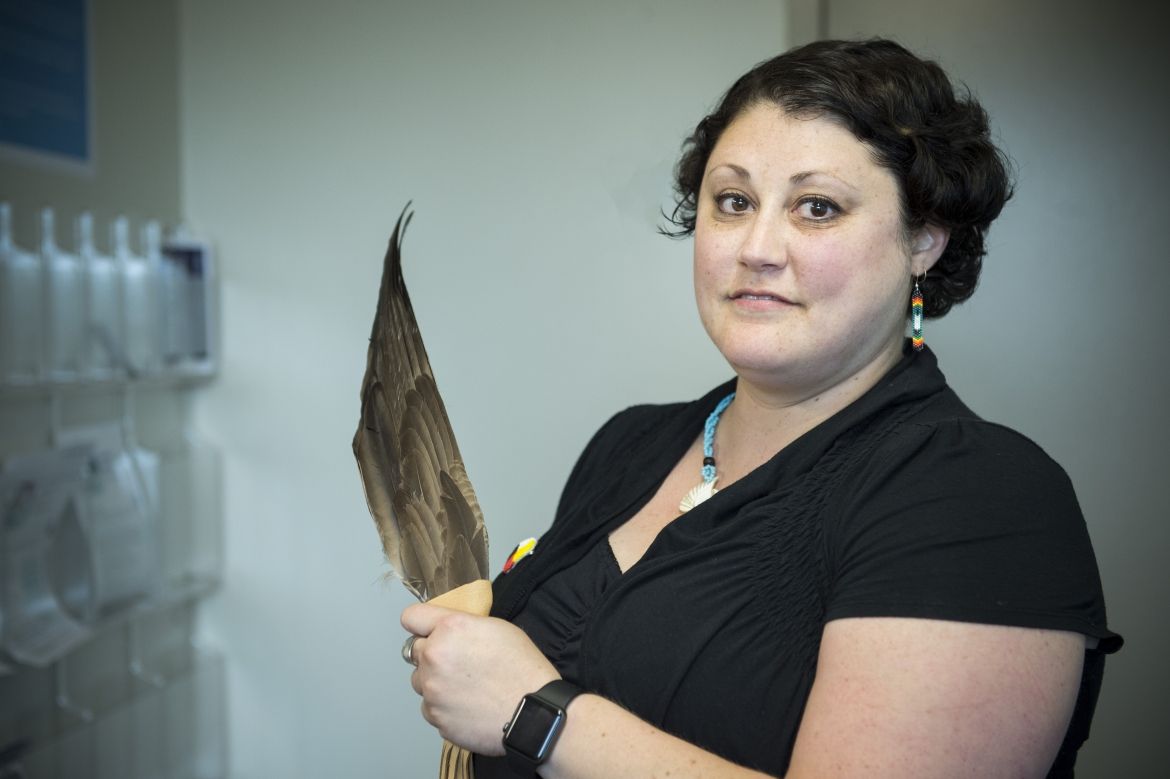
Aboriginal Navigator, Dionne Nolan helps ensure that Indigenous patients are getting the full supports they need through their health-care journey
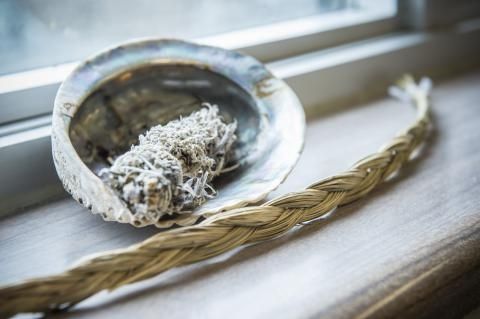
the Mamawi Room provides space to perform culturally important ceremonies such as smudging, circle prayer and singing

